Veteran journalist Arulldas Sinnappan feared for the lives of his family members - a wife and two children - while he was investigating the mass graves of Wang Kelian in Perlis.
He managed to expose the mass deaths linked to human trafficking in May 2015 when police discovered 139 graves, 106 bodies, believed to be Rohingya, and 28 illegal immigrant detention camps located deep in the jungles of Bukit Genting Perah and Bukit Wang Burma.
It was just a few hundred metres from the Malaysia-Thai border in Wang Kelian.
During his investigation which took six to seven years, Arulldas experienced many hang-up calls that left him uneasy.
“There was fear in me for my safety and my family’s,” he told Malaysiakini.
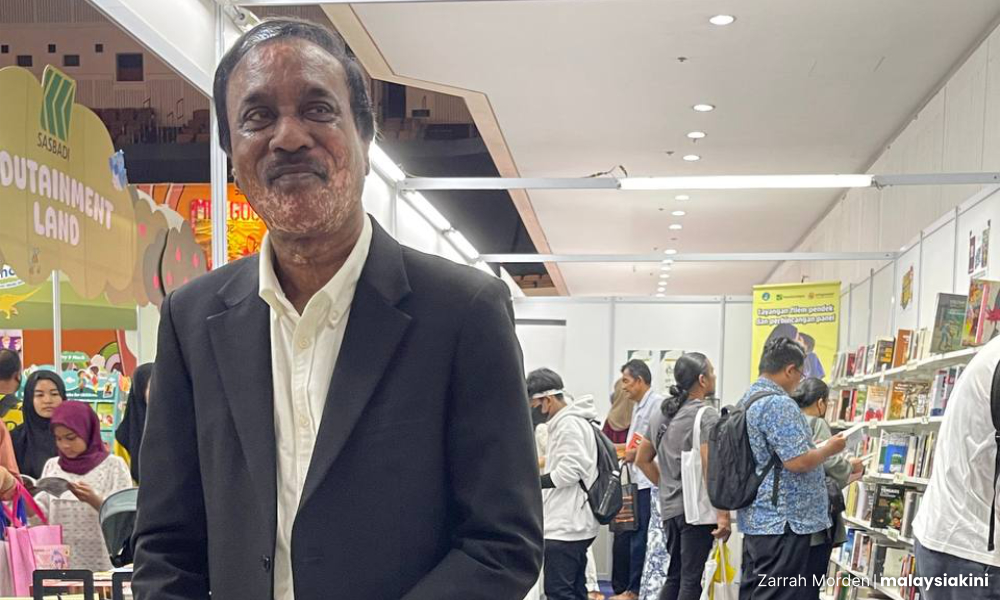
He never even told his wife about the investigation until after the graves were found because she was worried for their family too.
However, the trepidation did not diminish his determination to see the investigation through.
He was filled with a strange energy that motivated him to expose the injustice that occurred there.
Long hikes, hushed whispers
Arulldas went on eight trips, hiking up the desolate hills in the area until he finally found the mass graves on his ninth trip there.
He was already 60 at the time. His legs were swollen and sore from repeated hiking excursions and all he had was a small water bottle and a notebook, but he kept going.
“There were many instances where I just laid on the ground.
“I said, ‘I cannot walk anymore’,” he said.
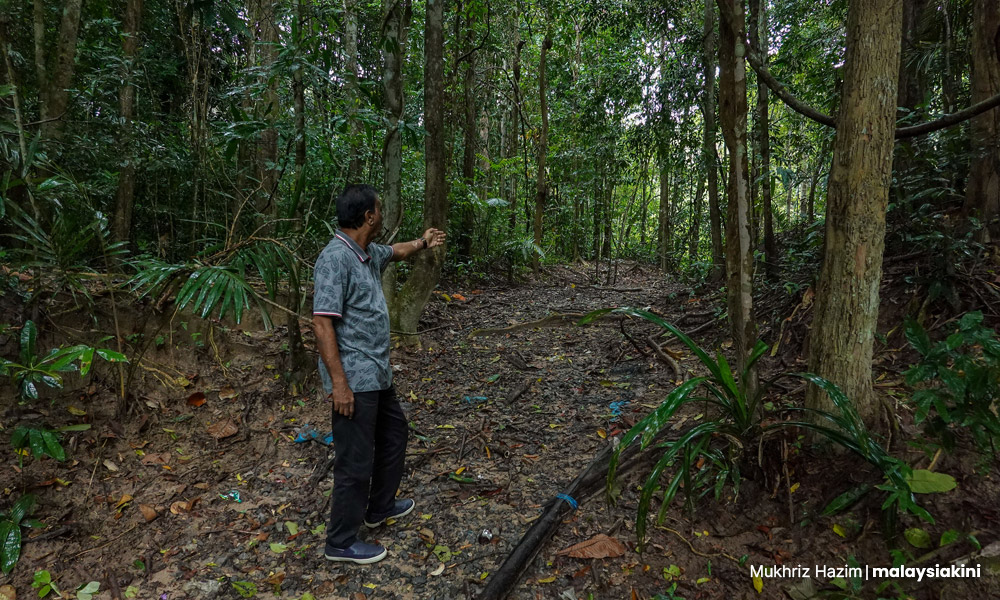
After three hours of hiking, he finally found what he was looking for - mass graves containing the bodies of 139 human trafficking victims and 28 migrant prison camps.
Arulldas took precautions in the investigation even before he found the graves.
He first heard about the mass graves during an investigation of separate murders from a human trafficking syndicate. He was in Jitra, a town in northern Kedah.
“Then in a coffee shop, I was told there were mass graves in Wang Kelian.
“I was just told that. When I asked further questions, she didn’t give me any answers.
“She said, ‘find it on your own’,” he recalled.
On the 60km journey from there to the hills of Wang Kelian, he dared not ask anyone for the precise location, fearing that anybody could be part of the syndicate.
Never again
The reason for writing his recently released book “Mass Graves: Uncovering the Killing Fields of Wang Kelian” was to bring the issue back to the masses.
If not, people will forget that such a thing happened - and that cannot be allowed, he said.
He worried that such horrors fading from public consciousness would only lead to it reoccurring.
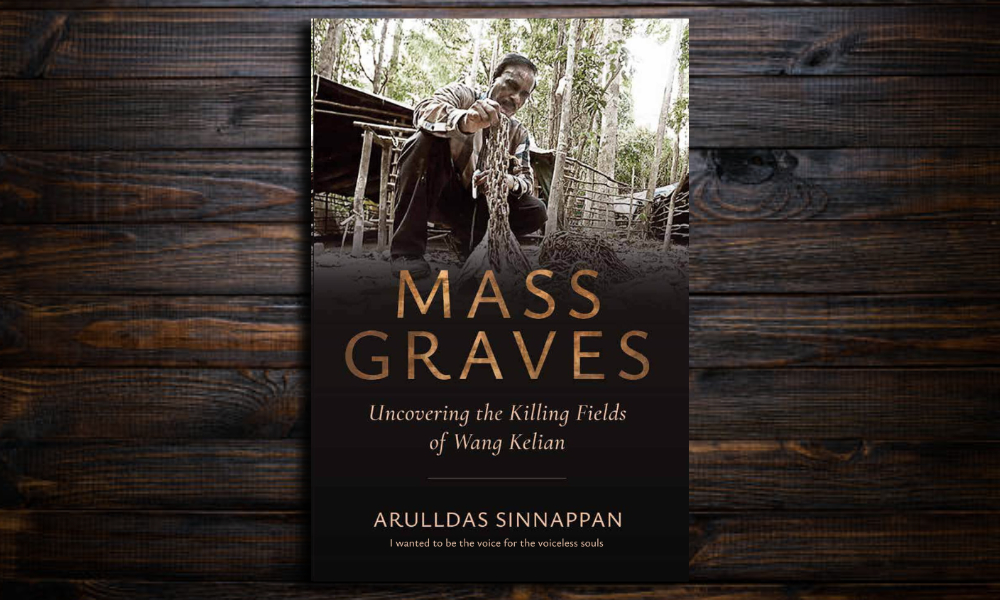
“When there are books, e-books, people will read and they won’t forget this tragedy.
“They must remember and prevent it from happening again,” he said.
His sense of humanity was touched by thoughts of lives cut short and corpses disposed of like rubbish.
“How can you simply kill people like that? For what reason?” he wondered.
The victims in Wang Kelian were mostly of Rohingya and Bangladeshi descent.
Some, like the Rohingya, were fleeing persecution. Some were kept for ransom and others were used as forced labour, he said.
They were people, Arulldas stressed.
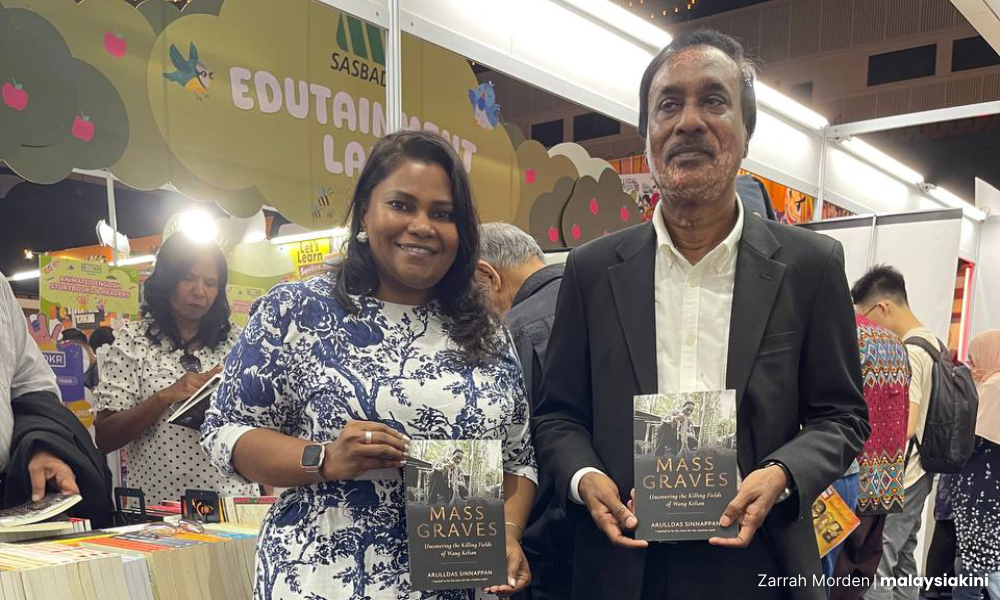
Former Batu Kawan MP Kasthuri Patto, who was also present at the book’s release, told Malaysiakini that the incident was a stark reminder to Malaysians of what can happen in their own backyard.
“If we don’t take enough measures and if we are not serious about combatting trafficking, then we will see a repeat of this because we also share borders with Indonesia, Brunei and so on, which we know are quite porous,” she said.
Has justice been served?
In 2017, Thai army lieutenant general Manas Kongpan was sentenced to 27 years in jail for his involvement in what Thailand called its biggest human trafficking case.
After a lengthy trial that saw 103 suspects, Manas, along with other officials and dozens of Thai nationals, were found guilty of human trafficking and transnational organised crime.
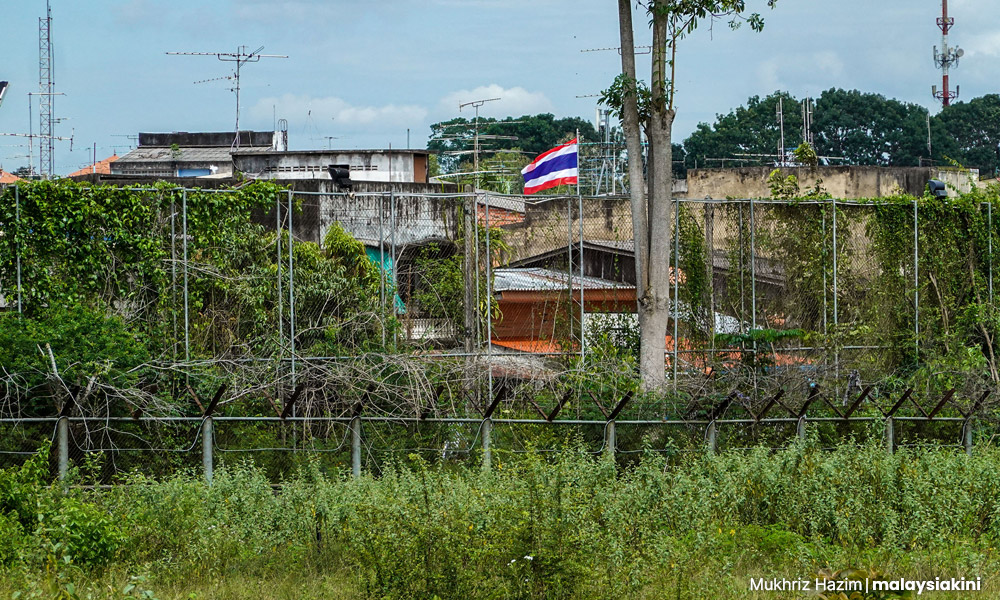
In 2019, a Royal Commission of Inquiry (RCI) was formed and Arulldas was one of the witnesses called to testify on the human rights atrocity that occurred.
But the RCI concluded that there was no evidence connecting any Malaysian with the event that resulted in the Wang Kelian mass graves.
According to the declassified report, the commission decided: “No Malaysians were accused in Thailand.
“Based on the evidence, there is no evidence that can link the people or law enforcers and civil servants in Malaysia with involvement in any human trafficking and migrant smuggling syndicate.”
But Kasthuri thinks otherwise and strongly disputes this conclusion.
She believes that the human rights violation would never have happened if enforcement had not been lax.
“Clearly, there was a lax of security, lax of care and concern, and a lax of responsibility to ensure that our borders are safe,” she said.
In Malaysia, although nobody was arrested or charged with crimes, Arulldas said he believes that there are no longer any large-scale human trafficking operations that take place within the country.
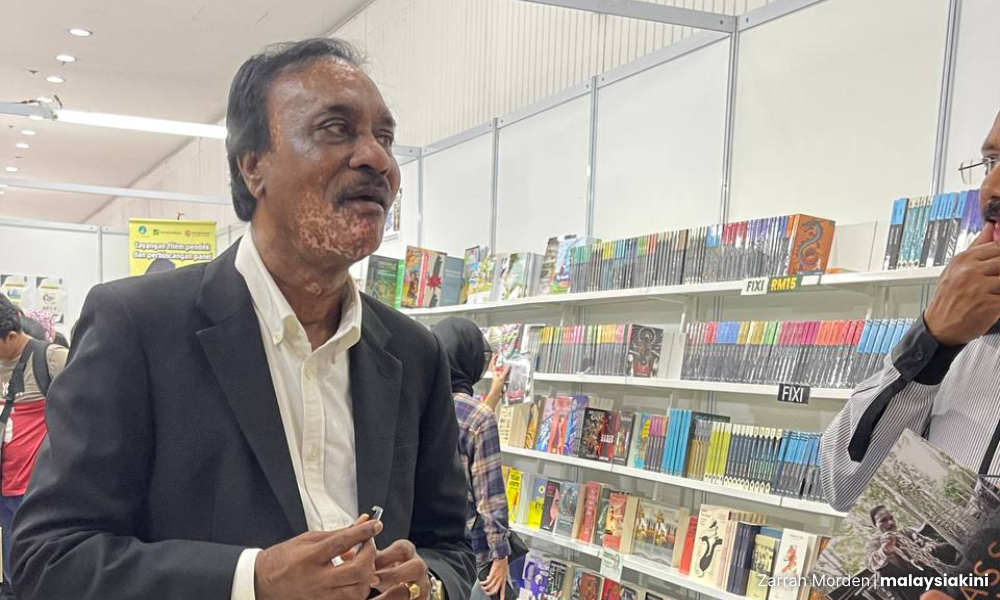
“Of course, it still happens but in smaller groups now,” he said.
Just a few days before he found the Wang Kelian gravesite, he had heard of a ship carrying 1,100 people which landed in Langkawi.
Nowadays, those who wish to traffick humans to Malaysia must do so with greater care.
“That was my achievement,” he said. - Mkini




No comments:
Post a Comment
Note: Only a member of this blog may post a comment.